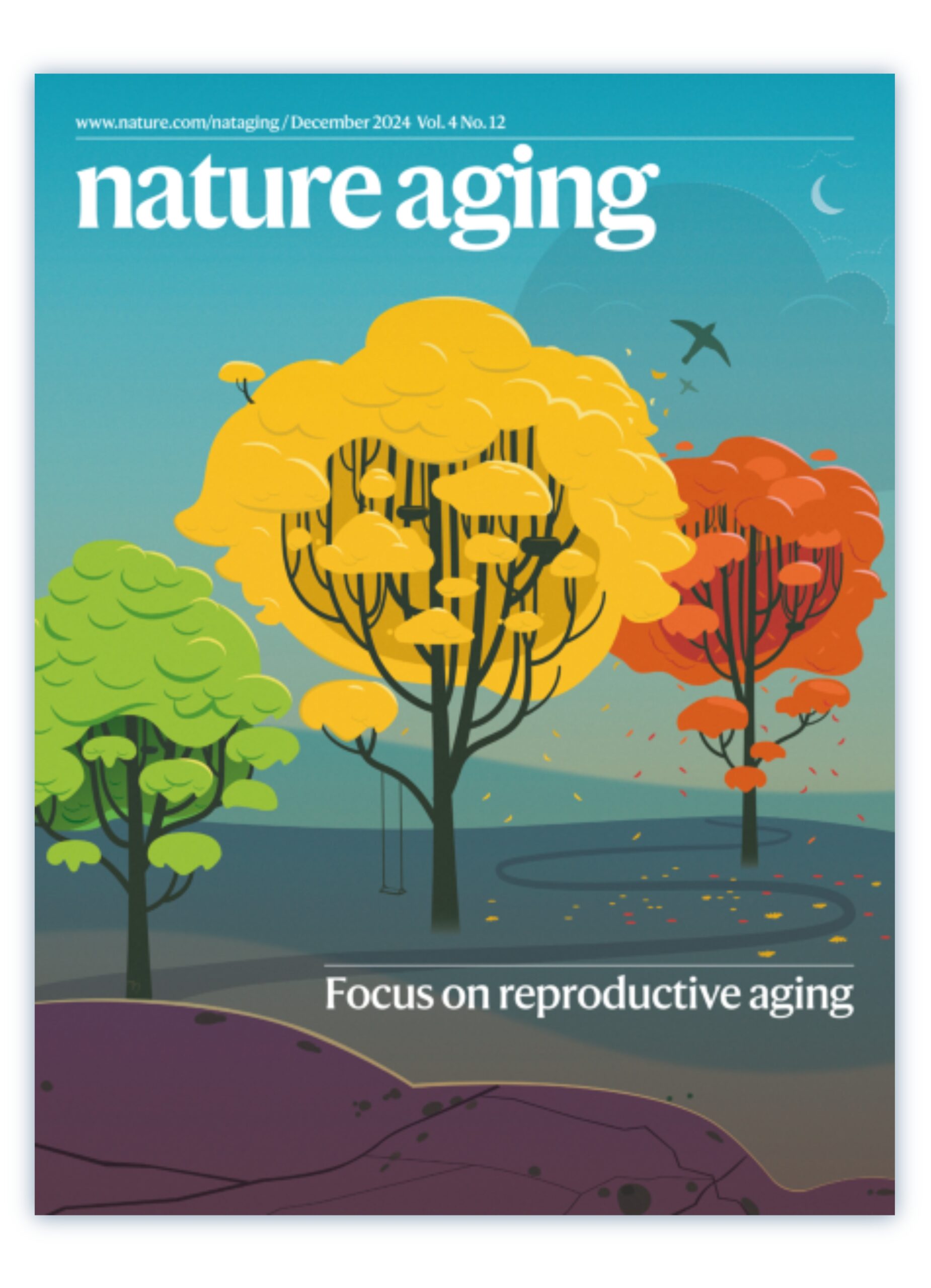
Genetics of female and male reproductive traits and their relationship with health, longevity and consequences for offspring
Substantial shifts in reproductive behaviors have recently taken place in many high-income countries including earlier age at menarche, advanced age at childbearing, rising childlessness and a lower number of children. As reproduction shifts to later ages, genetic factors may become increasingly important. Although monogenic genetic effects are known, the genetics underlying human reproductive traits are complex, with both causal effects and statistical bias often confounded by socioeconomic factors. Here, we review genome-wide association studies (GWASs) of 44 reproductive traits of both female and male individuals from 2007 to early 2024, examining reproductive behavior, reproductive lifespan and aging, infertility and hormonal concentration. Using the GWAS Catalog as a basis, from 159 relevant studies, we isolate 37 genes that harbor association signals for four or more reproductive traits, more than half of which are linked to rare Mendelian disorders, including ten genes linked to reproductive-related disorders: FSHB, MCM8, DNAH2, WNT4, ESR1, IGSF1, THRB, BRWD1, CYP19A1 and PTPRF. We also review the relationship of reproductive genetics to related health and behavioral traits, aging and longevity and the effect of parental age on offspring outcomes as well as reflecting on limitations, open questions and challenges in this fast-moving field.
By Stefania Benonisdottir, Vincent J. Straub, Augustine Kong & Melinda C. Mills.
Genetic Links to Reproductive Health: Researchers identified 37 key genes influencing traits like menopause timing, puberty onset, and fertility, with broader health implications including cancer risks, BMI, and longevity.

Male Reproductive Genetics: While under-researched, male fertility genes like DNAH2 impact testosterone and sperm function, highlighting their importance in overall fertility and potential treatment advancements.

Intergenerational Genetic Impact: Aging parents pass on new genetic mutations (de novo), affecting offspring health and development, underscoring the role of genetics in shaping future generations.

